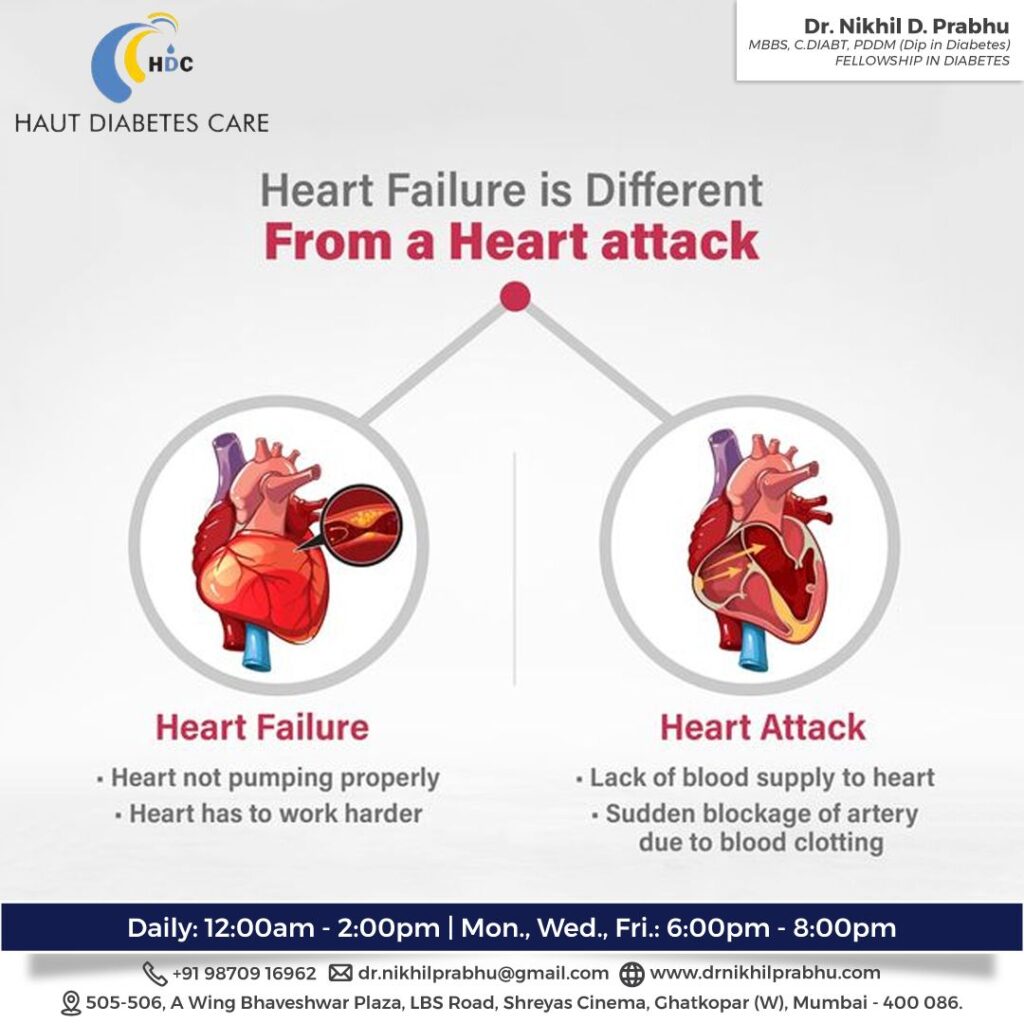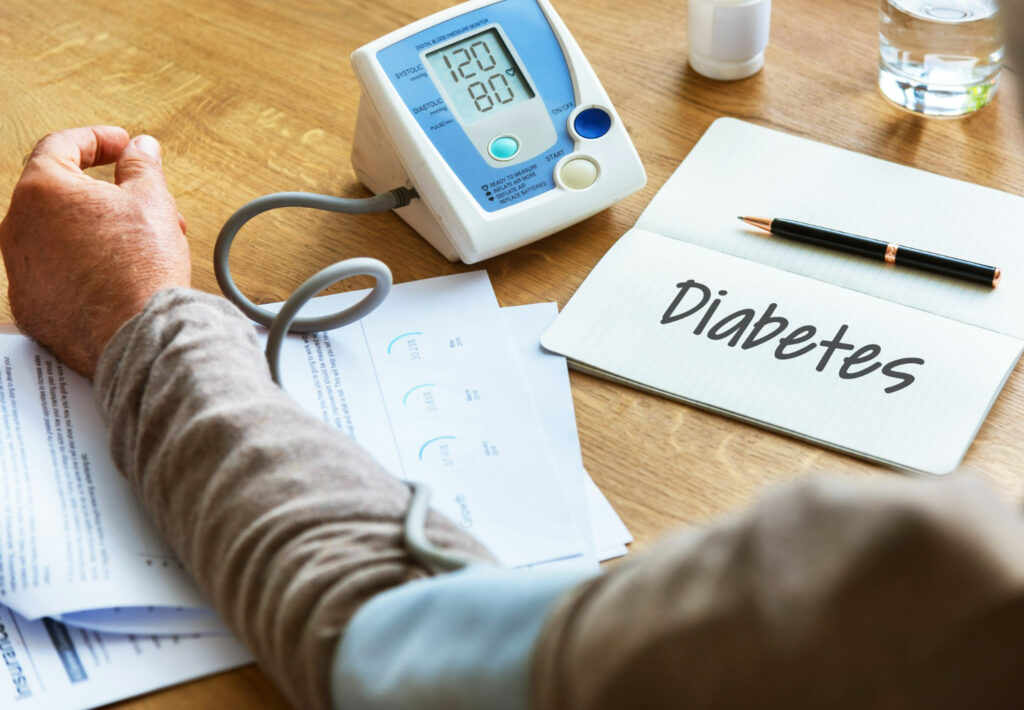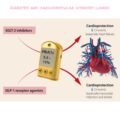The Healing Journey: Mindfulness Meditation (Vipassana) for Diabetes Relief
Mindfulness Meditation (Vipassana) For Diabetes is a Powerful Tool
The killer connection between stress and diabetes is well established. Although stress doesn’t directly cause diabetes, it can worsen the condition by skyrocketing your cortisol levels and thus raising your blood sugar. Unlike tons of other factors that cause diabetes, stress is purely external. It can be ”controlled” through yoga, meditation, breathing techniques, support groups, restful sleep patterns, and a healthy diet. One such stress-busting technique is mindfulness meditation, otherwise called Vipassana. Mindfulness meditation (vipassana) for diabetes is a powerful tool that can offer relief and support in battling stress.
In this article, we will explore the profound benefits of mindfulness meditation for diabetes and how it can contribute to your healing journey.
What is Mindfulness Meditation?
As a byproduct of regular meditation, mindfulness meditation benefits are currently becoming popular. Meditation is a recommended method by the Vedas, Upanishads, and Ayurveda for calming the mind, improving focus, and awakening the spiritual self. The art of being fully present and aware of one’s thoughts, feelings, and surroundings is known as mindfulness meditation, also known as ”insight meditation” or ”Vipassana practice” It involves concentrating on the present without making judgments or getting caught up in concerns about the past or the future. How beautiful, isn’t it?
The Three Mottos of Mindfulness Meditation
Three crucial elements of mindfulness meditation interact closely to improve self-regulation:
● Attention control
To focus on what is happening right now! It involves paying attention to your breath, your thoughts, your body, and the feelings you are currently experiencing.
● Emotional regulation
This part includes observing those feelings and experiences objectively. Instead of reacting or responding to those thoughts or feelings, you try to take note of them and let them go.
● Self-awareness
This element pays attention to the body's current sensations. This improves bodily awareness and enables introspection.
The Three Stages of Mindfulness Meditation (Vipassana) For Diabetes
There are generally three stages to mindfulness meditation. It takes time to start practicing mindfulness meditation as a beginner and then advance to an expert level.
These are the various stages of this journey:
● Early stage: The initial stages of mindfulness meditation practice clearly show the efforts involved. It’s challenging to concentrate because your mind keeps wandering.
● Middle stage: Efforts to reduce mind wandering are reduced. You can control the energies of your body and mind.
● Advanced stage: The effortless period. You have aced the art of mindfulness meditation.
The Mind-Body Connection
According to scientific studies, there is a significant link between our mental and emotional states and our physical health. Chronic, prolonged periods of stress can result in high blood sugar levels. Vice versa, diabetics are often stressed, worried, and depressed, making it more difficult to successfully manage the disease.
Vipassana meditation, which encourages relaxation, stress reduction, and emotional equilibrium, can help with these difficulties. Mindfulness meditation (vipassana) for diabetes has benefits that can control high blood sugar along with other illnesses like high blood pressure, and cholesterol, better health, hormonal balance, and proper gut health. These factors together can contribute to a healthier you!
Mindfulness Meditation (Vipassana) For Diabetes – the Benefits
Vipassana can offer a range of benefits for individuals with diabetes such as:
● Stress Reduction and Blood Sugar Management:
Mindfulness meditation techniques help reduce stress by promoting relaxation and fostering a state of calm. This will slowly and steadily control the surges in cortisol levels in the body. Essentially, cortisol serves as an emergency-stress hormone Since the body is calm and doesn’t require extra energy, low cortisol levels will tell the liver not to release free glucose into the blood. This may help stabilize blood sugar levels and manage your diabetes.
● Mindful Eating:
Mindfulness meditation can promote mindful eating practices. By bringing awareness to the present moment while eating, individuals can savor each bite, recognize feelings of hunger and fullness, and make healthier food choices. Mindful eating will thus prevent sugar binging.
● Better Sleep Quality:
Sleep plays a crucial role in diabetes management. Mindfulness meditation promotes relaxation and can help you achieve a state of calm before bedtime.
● Reduction in Inflammation and Improved Immune Function:
Multiple health disorders, including diabetes, are linked to chronic inflammation. The persistent state of inflammation can overwork the immune system to the point that it starts functioning inefficiently.
Studies suggest that mindfulness meditation can help reduce inflammation, inflammation markers, and hormones, and enhance immunity.
● Enhanced Self-Care:
Vipassana can help you identify a heightened sense of awareness regarding your eating habits, exercise routines, and medication adherence. This increased self-awareness empowers you to make conscious decisions that support your overall health and well-being.
Takeaway
The benefits of mindfulness meditation (vipassana) for diabetes are significant. Through stress reduction, better blood sugar control, higher emotional well-being, and increased self- awareness, mindfulness practice offers a holistic approach to managing diabetes. By taking the time to cultivate mindfulness, you can unlock a powerful tool within yourself that contributes to diabetes relief and overall wellness.
To fully benefit from the transformative power of mindfulness meditation in your life with diabetes, remember to speak with your diabetologist before incorporating it into your daily routine. It’s crucial to remember that Vipassana and other forms of mindfulness meditation shouldn’t take the place of medical therapy or lifestyle changes advised by diabetologists. Instead, mindfulness meditation (vipassana) for diabetes can be used as a supplement to improve existing techniques.
FAQs
● Which meditation is best for diabetes?
There isn’t a particular type of meditation that is regarded as best for treating diabetes, however, mindfulness meditation practices like Vipassana have shown encouraging results. Additionally, techniques like mantra meditation and breath awareness meditation can be helpful. Learn what suits you the most.
● How do you mentally deal with type 2 diabetes?
To manage type 2 diabetes mentally, one must practice self-compassion, acceptance, and optimism. Pay attention to your own needs, take part in stress-relieving activities, and speak out in diabetic support groups.
● Can mindfulness help with diabetes?
Yes, mindfulness can aid in managing diabetes. Meditation and mindful eating are two mindfulness techniques that can help you manage your blood sugar levels more effectively while also reducing stress.
Like, Share & Subscribe !














